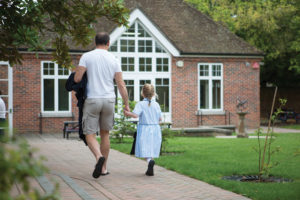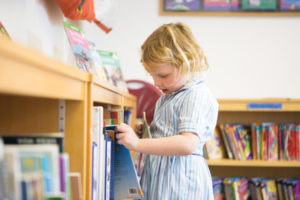Dear Kate and Wills,
I see that Princess Charlotte’s just turned four. How time flies!
So I’m guessing that she’ll be starting school in September and will be really excited to meet new friends and start getting an education.
I’m sure she’ll also be very excited about getting her new school uniform and her very first pair of school shoes.
As an experienced and fully qualified shoe fitter can I offer you some valuable advice about the school shoes? I’ve got some useful tips and hints to make shopping for school shoes less stressful for you (or for
the nanny!)
Along with her first walkers, Charlotte’s school shoes are probably the most important item of footwear that she’ll put on her feet in her childhood years. They really need to be selected and fitted with great
care and attention, especially for reception-aged children.
Let’s face it, school shoes are worn (on average) for five days a week and for at least seven hours a day, and that’s not to mention all the walking to and from school and all the running around in the playground at lunch and break times, and at after-school clubs.
It’s never too early in the summer holidays to start thinking about buying your school shoes and getting ready for the new academic year. Plus it avoids all that last minute panic when everything has been picked over or your child’s size has sold out.
Buying early is great for choice – we have our school shoes delivered to our shops in July so this is when the collection will be strongest. If your child is very specific about wanting a patent shoe with a flower on it – you’re more likely to find it early. Possibly more importantly, if your child has very specific requirements such as very narrow feet, very wide feet, hypermobility, or orthotic inserts then shop early.
But what if your child grows over the summer holidays? This is the myth that if you leave your school shoe buying to the last minute it will be the most cost-effective course of action. Wrong! Children very rarely grow so much over the school holidays that they need to swap the shoes they have purchased early in the summer break. Besides, if a school shoe is fitted correctly there should be approximately a good three months worth of growing room factored in by the fitter (before the shoe becomes ‘too big’ and slips off the foot).
Parents who get their school shoes sorted out early tend to ask for a bit of extra growing room anyway. Then if there are any concerns about sizing, we can advise these customers to come back a couple of days before school begins for a double-check of the fit.
In addition to that, shoes that have been bought early will give you time for Charlotte to try on her new shoes and wear them at home in order to ‘break them in’. Wearing new (clean) shoes around the palace, with the correct socks or tights for a short period of time over a couple of days should do the trick. If she does this then her new shoes won’t feel too stiff or give her any blisters on her first day; so if there are any problems at this stage you or William still have time to sort them out.
Most school children of primary school age have feet that grow in rapid, erratic bursts throughout the year, yet on average you only need two pairs of school shoes per academic year. That said, if your child is a climber, a footballer or rides a scooter while wearing their school shoes then you may need to replace their school shoes more frequently.
As Charlotte is going to be starting in Reception then it may be worth considering a style with a toe bumper or scuff guard, as more often
than not she will find herself spending a lot of time kneeling on the classroom carpet.
When you come along to shop for shoes in the summer you can help us by being prepared – bring the correct school socks with you for fitting Charlotte’s shoes. Some people turn up with their child in sandals or flip-flops and they’ve forgotten to bring their socks, or even the relevant orthotic inserts! We can lend you some ‘trying on’ socks, of course, but if your child is already wearing socks and is ready to be measured this can speed up the process at a very busy time when there is often a queue.
Wills and Kate – please remember that school shoes are not indestructible. Some children will always find a way to destroy them – in spite of what their parents might think!
School shoes should be sturdy, durable, comfortable and preferably breathable. As this is your child’s main item of footwear for the week then it is often a false economy and inadvisable for your child’s long-term foot health to choose a cheap, ill-fitting version.
To get the best value from your new school shoe purchase, clean and polish the leather regularly to maintain looks and longevity. You wouldn’t buy a new dress, wear it every day, and never bother to wash it! Look after your investment, and the shoes will look after your child’s feet.
Most suppliers will guarantee a child’s shoe or boot for approximately three months for ‘normal’ wear and tear, and then you will need to have a re-measure to check for any growth spurts. The retailer is not responsible for excessive wear and tear such as ‘scooter toe’. If your child scoots to school and insists on using their shoes as a brake, then encourage them to wear an old pair of trainers for this. An expensive leather school shoe is designed to be tough and robust, but it is not designed to be dragged along the pavement upside down.
Remember to look out for the Society of Shoe Fitters logo or the Children’s Foot Health Register logo when you go shopping – then you will know that you are putting your child’s feet in the best-qualified hands. Charlotte will only get one pair of feet in her lifetime so it’s up
to you to make sure they get the best care.
Yours faithfully
Kim Jackson M.S.S.F.
Klodhoppers (Hove & Haywards Heath)

 How to prevent head lice is a question often asked, with regular mentions of tea tree oil, however, there is not enough evidence to prove its efficacy, and it’s important to realise natural treatments can cause severe allergic reactions. I recommend that you stick to using a CE certified brand of head lice serum, meaning you can be sure it has been rigorously tested for safety and effectiveness. The following simple steps can help your family avoid an infestation:
How to prevent head lice is a question often asked, with regular mentions of tea tree oil, however, there is not enough evidence to prove its efficacy, and it’s important to realise natural treatments can cause severe allergic reactions. I recommend that you stick to using a CE certified brand of head lice serum, meaning you can be sure it has been rigorously tested for safety and effectiveness. The following simple steps can help your family avoid an infestation:
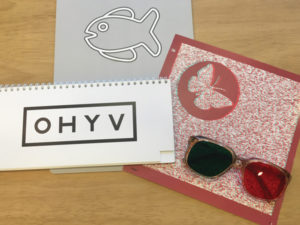 How much is a sight test?
How much is a sight test?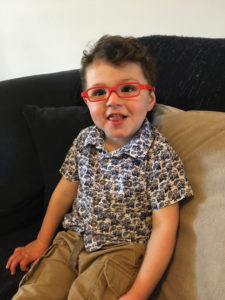
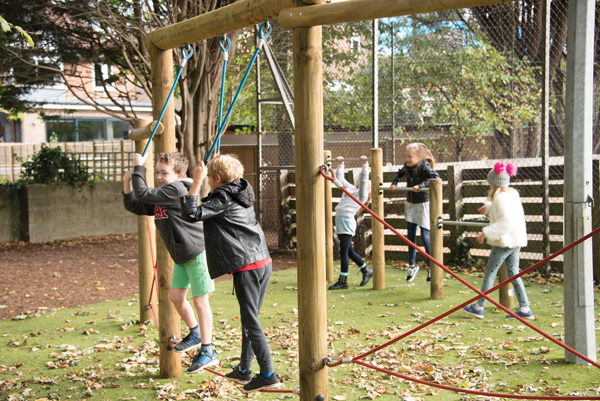
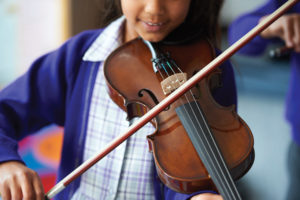 If Einstein could not talk until he was four or read until he was seven (which is apparently the case) and Didier Drogba studied accountancy before finding himself playing for Chelsea at the mature age of 26, how can we hope to spot the gifted and talented amongst the cherished progeny that walk through our gates? What does ‘gifted and talented’ actually mean and how should we be supporting them?
If Einstein could not talk until he was four or read until he was seven (which is apparently the case) and Didier Drogba studied accountancy before finding himself playing for Chelsea at the mature age of 26, how can we hope to spot the gifted and talented amongst the cherished progeny that walk through our gates? What does ‘gifted and talented’ actually mean and how should we be supporting them?
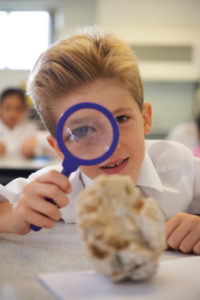 whether it is in leadership skills, having a way with the spoken word or playing Mozart. Our school ethos of Education with Character, offers a variety of ways of learning, ensuring that we, as teachers, spot unique talents and cultivate them, and parents are encouraged to do the same. We need to push our children as far as possible in their ability – and then another little nudge beyond. Let’s make sure we don’t fail to spot any Thomas Edisons or Albert Einsteins of the future.
whether it is in leadership skills, having a way with the spoken word or playing Mozart. Our school ethos of Education with Character, offers a variety of ways of learning, ensuring that we, as teachers, spot unique talents and cultivate them, and parents are encouraged to do the same. We need to push our children as far as possible in their ability – and then another little nudge beyond. Let’s make sure we don’t fail to spot any Thomas Edisons or Albert Einsteins of the future.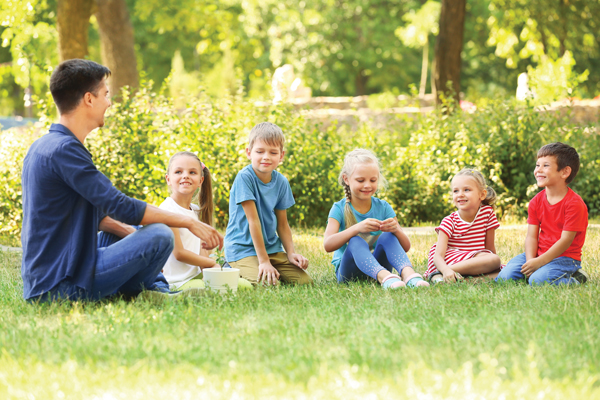
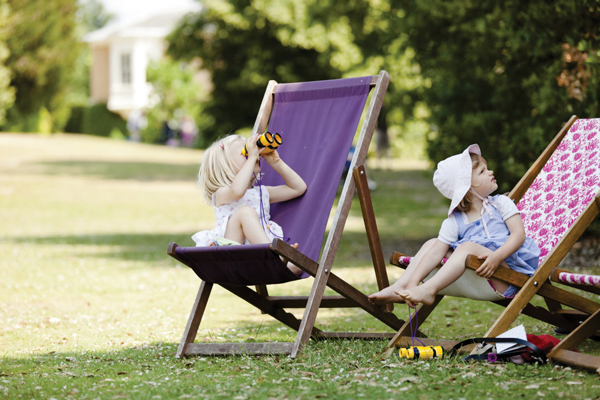
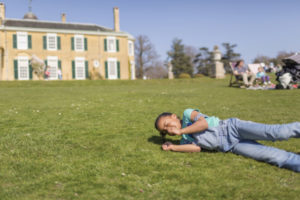
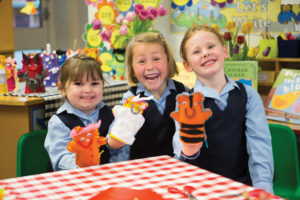 by Naomi Bartholomew
by Naomi Bartholomew